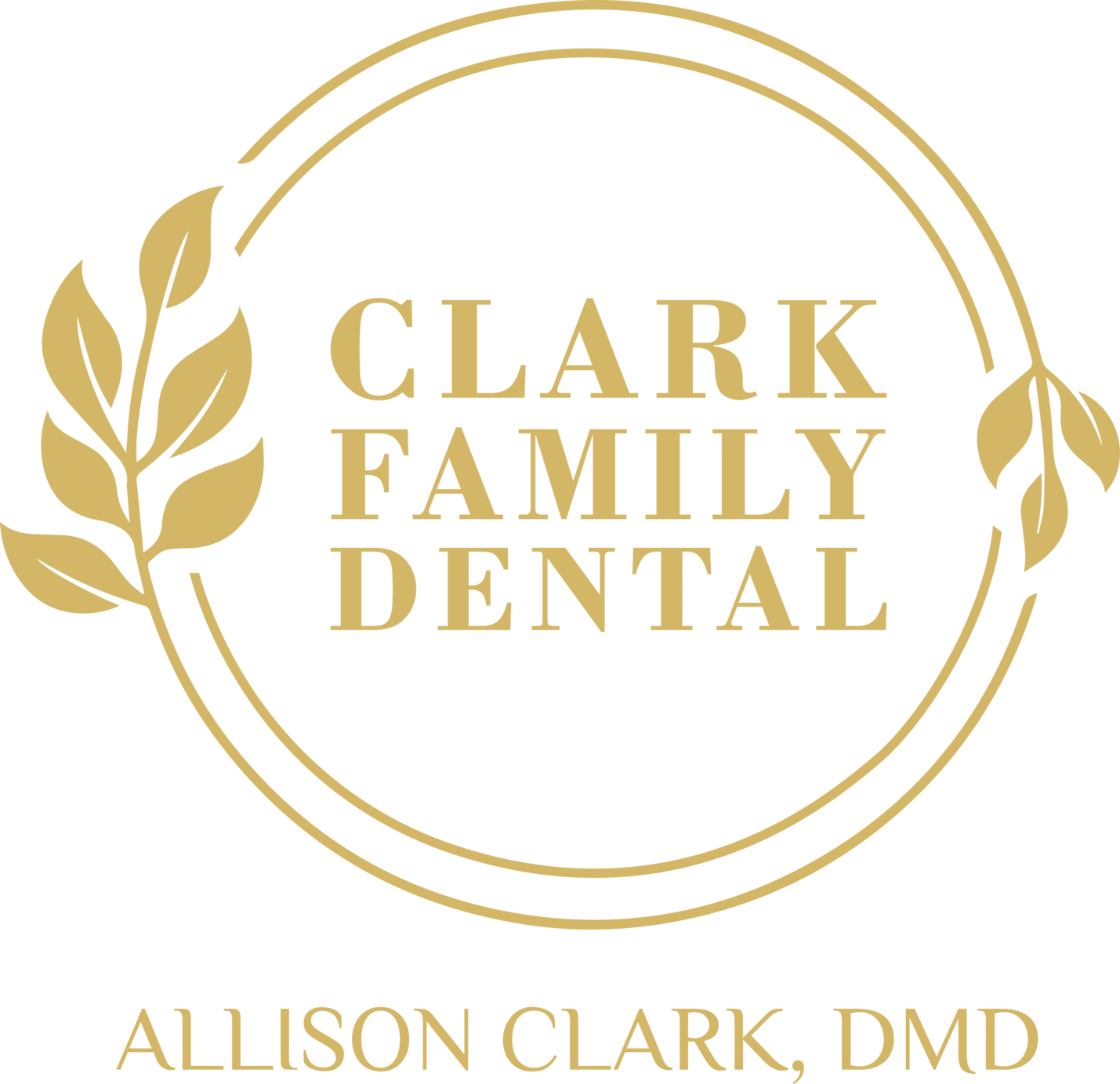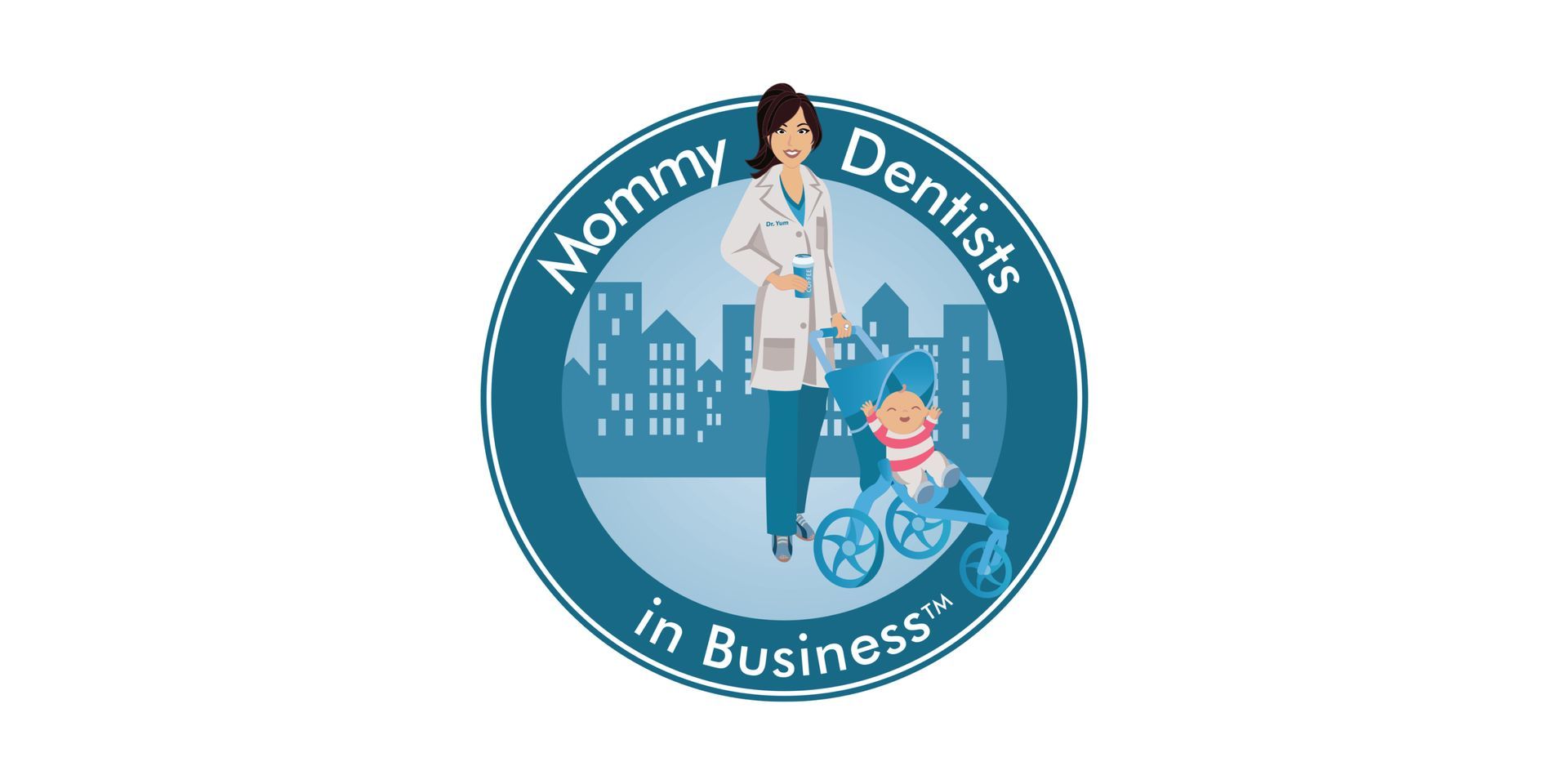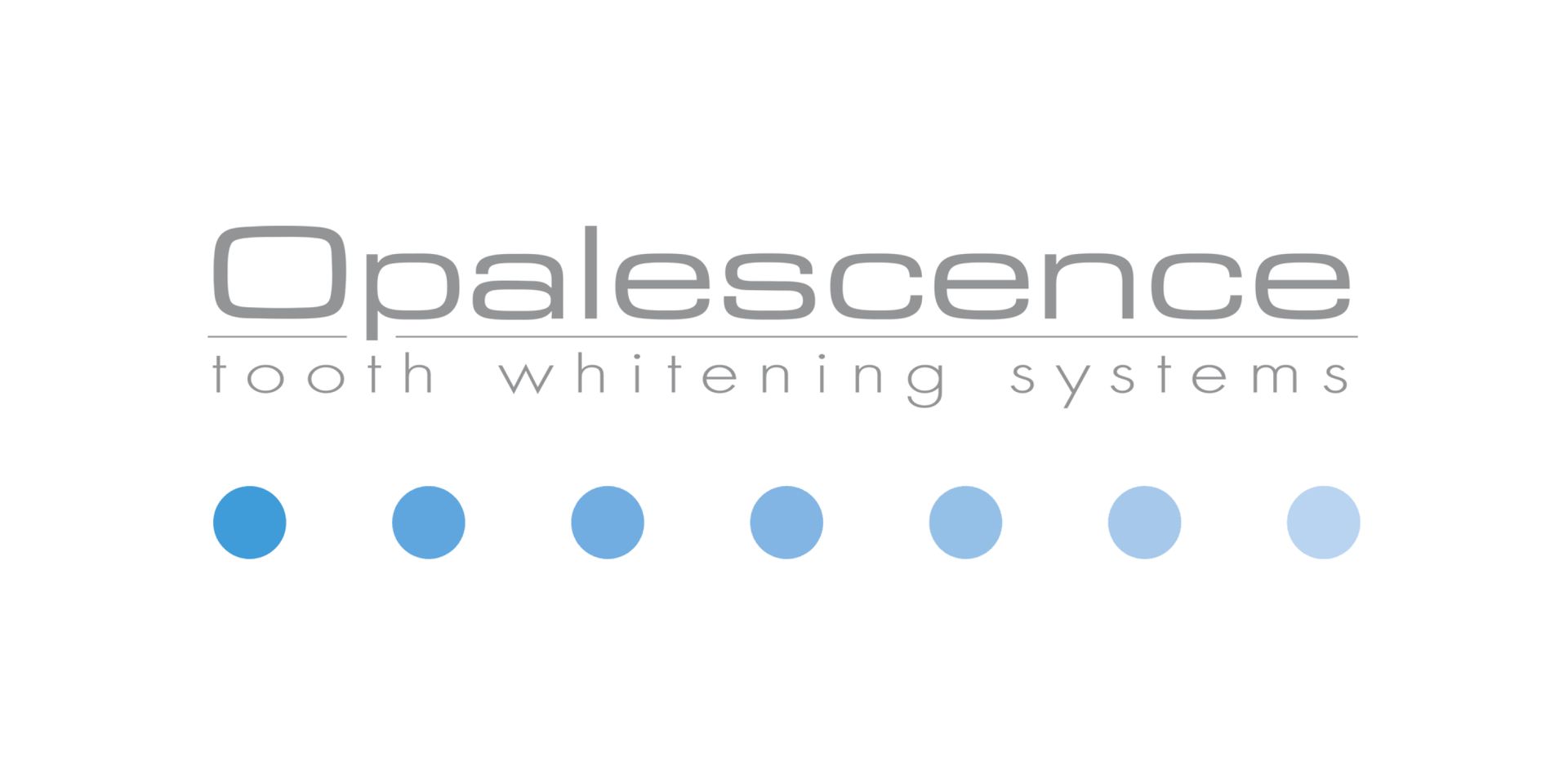Cracked and Chipped Teeth
Understanding and Treating Cracked or Chipped Teeth
Cracked or chipped teeth can result from injuries, teeth grinding, biting hard foods, or everyday wear. These issues are not only cosmetic; they can lead to sensitivity, discomfort, or deeper dental complications if left untreated. The damage may range from minor surface chips to deep cracks that impact the internal structure or nerve of the tooth.
Not all cracks are visible. Some may cause pain while chewing, sensitivity to temperature, or discomfort in a specific tooth even if no damage is apparent. Others may leave a rough edge that irritates your tongue or cheek. If untreated, even small chips can worsen, creating a pathway for bacteria to enter the tooth and potentially cause infection or decay. At Clark Family Dental, we assess every case thoroughly using visual examination, X-rays, or other diagnostic tools to determine the best treatment.
Prevention and Long-Term Care
Protecting your teeth from chips and cracks starts with mindful habits. You should avoid chewing on hard items such as ice, popcorn kernels, or hard candy. Never use your teeth to open packages or bite non-food objects. For those who grind their teeth or play contact sports, a custom-fitted mouthguard can provide important protection.
- To support long-term oral health, we recommend:
- Visiting the dentist every 4 to 6 months for routine exams
- Addressing minor damage early before it worsens
- Reporting sudden pain, sensitivity, or rough spots right away
Our goal is to catch small problems before they become serious and help you preserve your natural teeth for as long as possible. At Clark Family Dental, early action and preventive care make all the difference in maintaining a confident, healthy smile.
Concerned About a Cracked or Chipped Tooth?
Let us restore your comfort and protect your smile.



